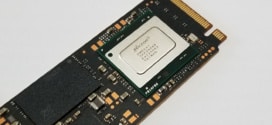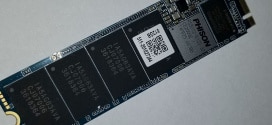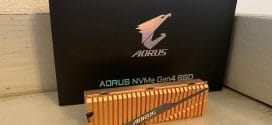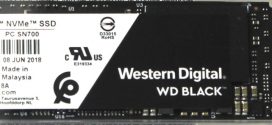Conclusion
The Silicon Power S80 is an interesting drive to review because it introduces us the Phison PS3108-S8-I controller that we have not yet seen in the past. While the Phison controller is relatively unknown in the SSD market, there is a potential for it. On paper, the controller is just as capable as the SandForce, Indilix, and Samsung MGX controller. It also delivers decent performance.where for the most part, is able to keep up with the competitor. The controller also offers many features that is found on its competitor such as AES support, TRIM, Garbage collection, and power saving technology. The only feature that it lacks would be the Microsoft eDrive IEEE 1667 where currently only Samsung 850 EVO supports.
Clearly, the S80 is clearly designed as a budget SSDs where it offers competitive result at low queues but clearly lags behind under heavy workloads. It excels at sequential read but delivers average random read. The random write and sequential write are unfortunately lagging behind what other drives can offer, an area that is probably limited by the Phsion controller. Given to the drive’s read performance, the S80 maybe better served as a storage drive as oppose to the primary OS drive.
Unfortunately for Silicon Power, the performance for the S80 is not justified by its pricing. While the price for the drive is competitive among other budget drives, its performance is clearly not up to what others can offer. The Crucial MX100 and the OCZ ARC 100 both are better performer with the same 3 year warranty and would make a better choice. The Samsung 850 EVO, while more expensive than the rest of the pack, offers better performance and longer warranty. Thus, the Silicon Power S80 is in a very difficult position compare to others on the market.
| Pros | Cons |
|
|
 Bjorn3D.com Bjorn3d.com – Satisfying Your Daily Tech Cravings Since 1996
Bjorn3D.com Bjorn3d.com – Satisfying Your Daily Tech Cravings Since 1996







